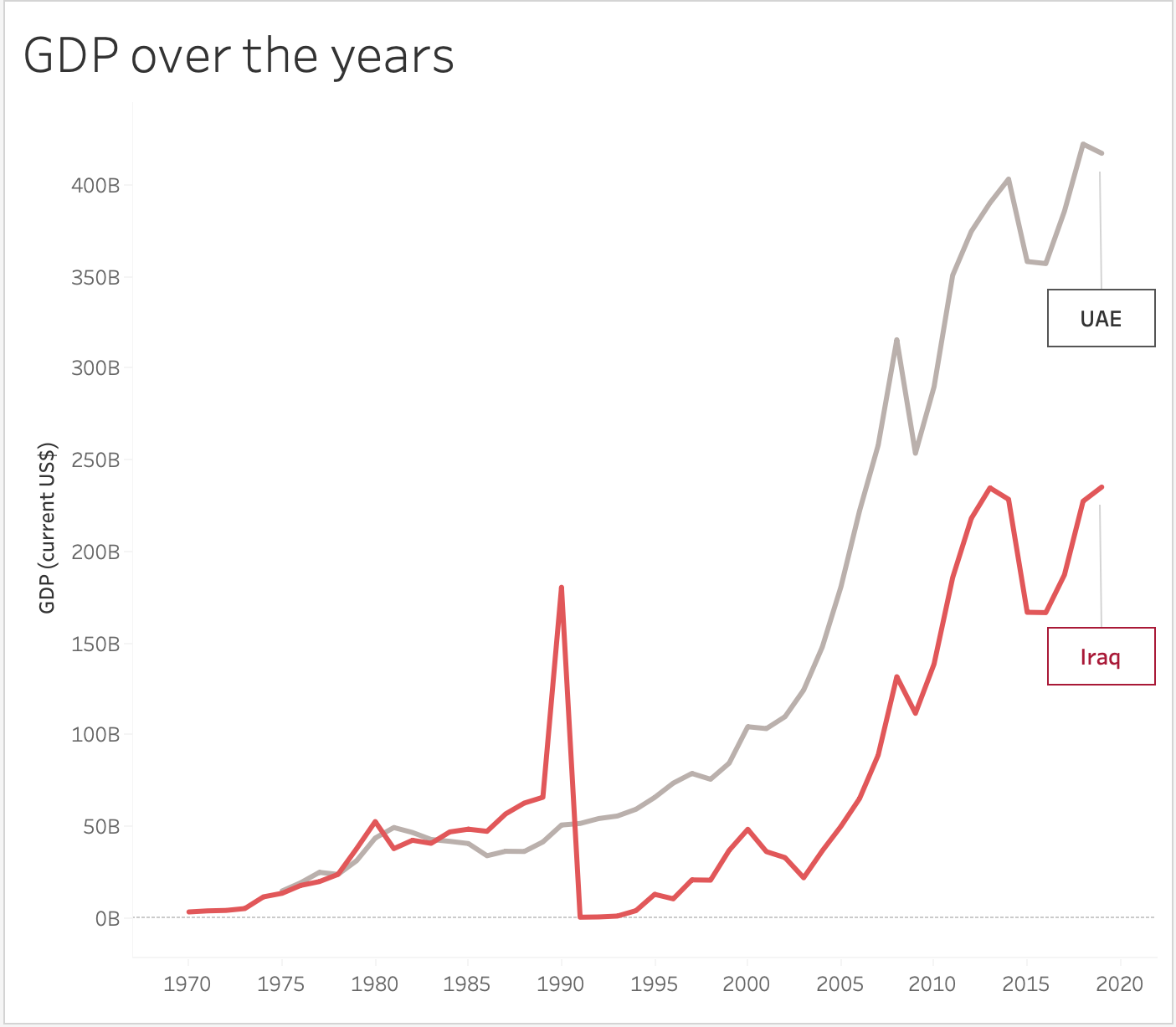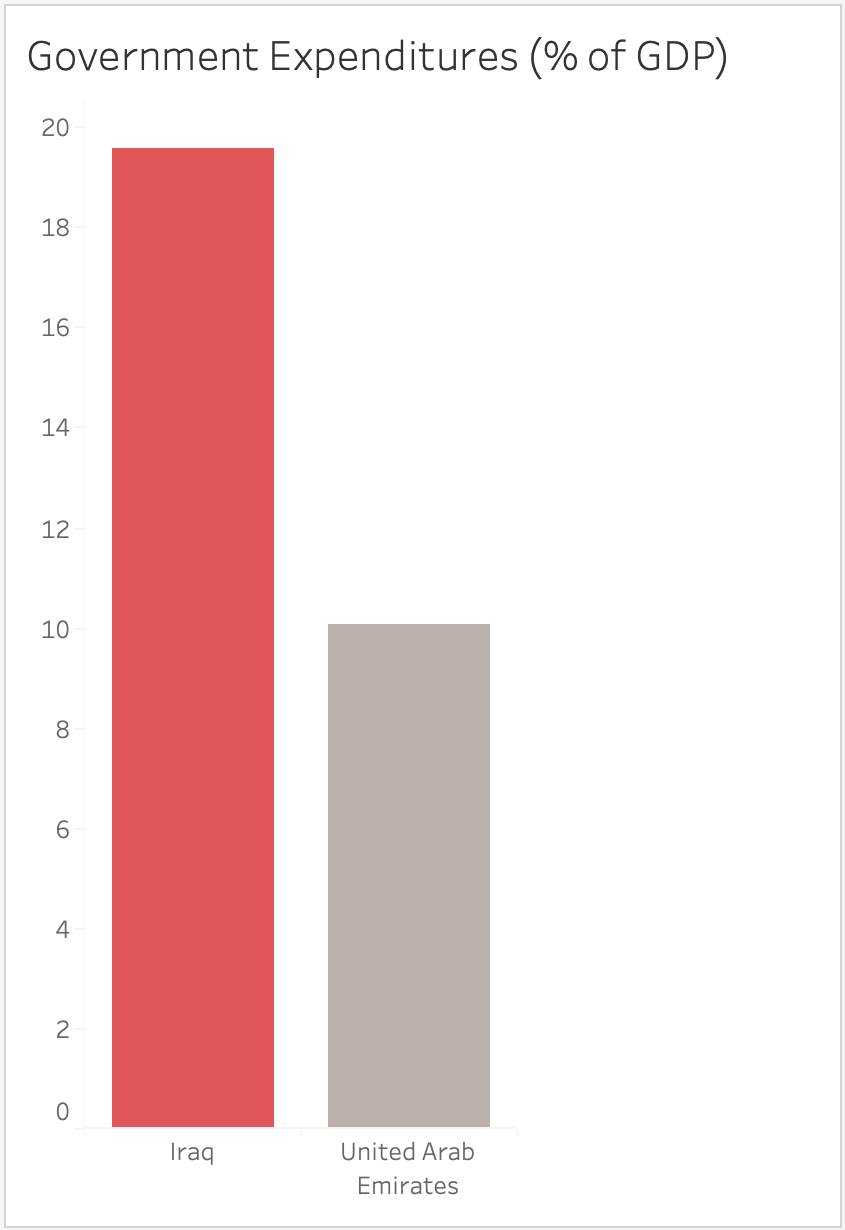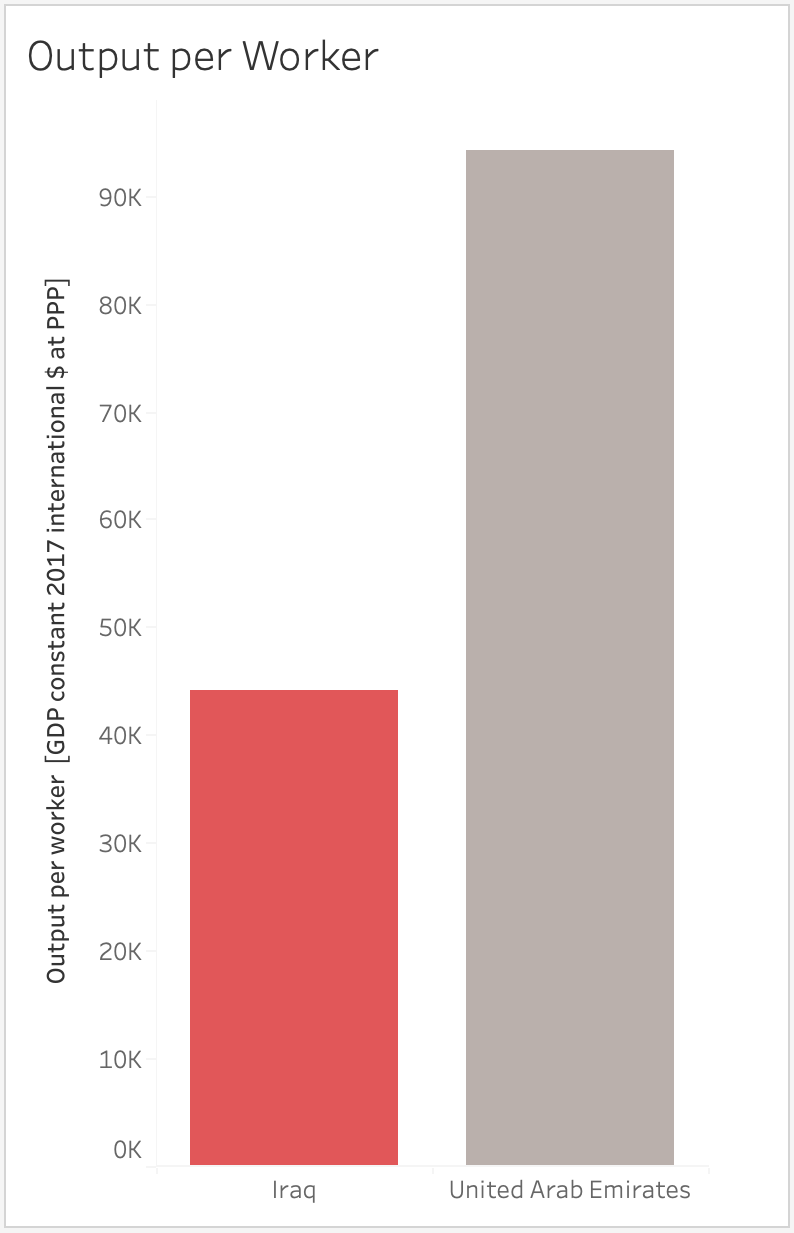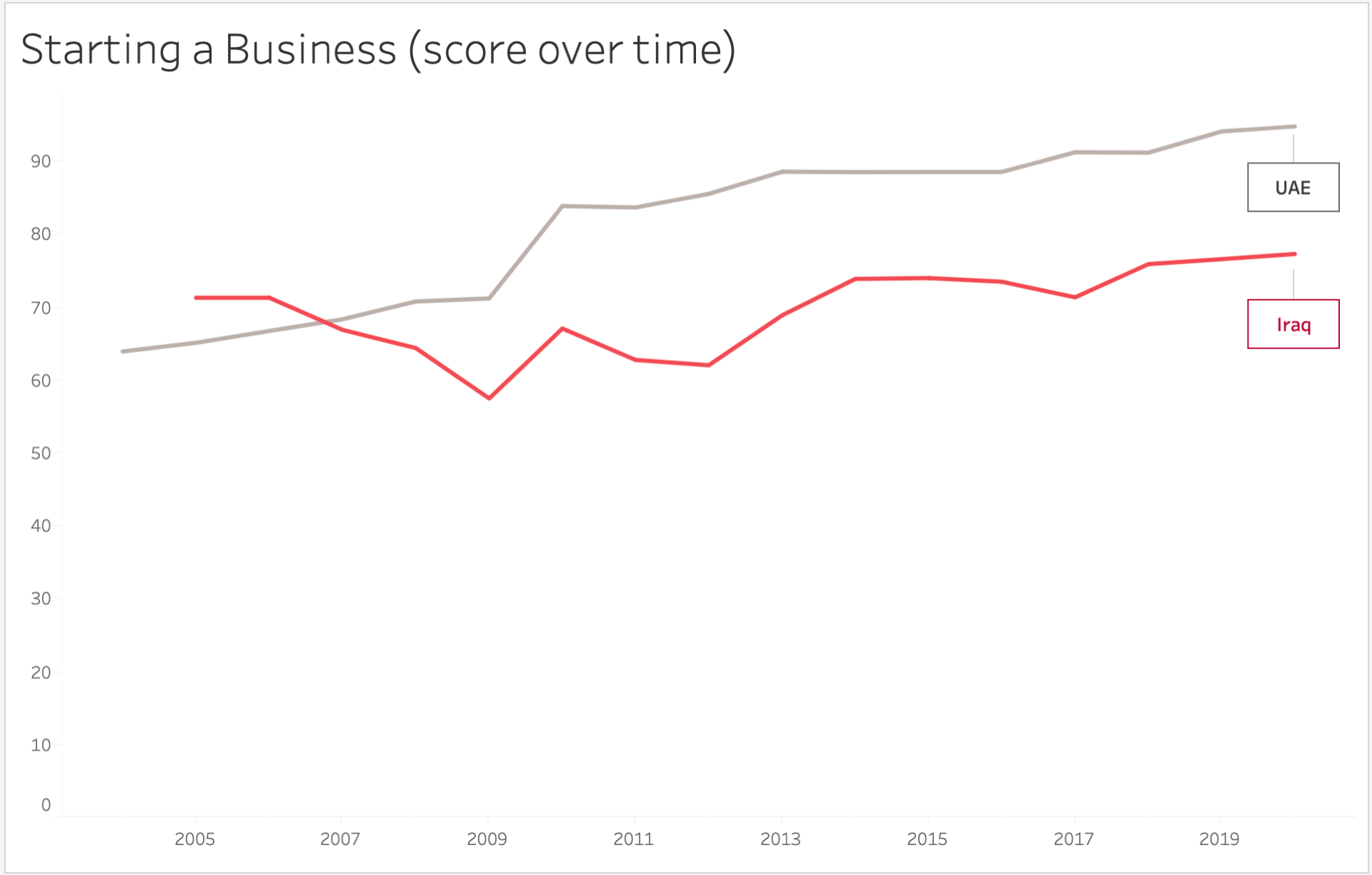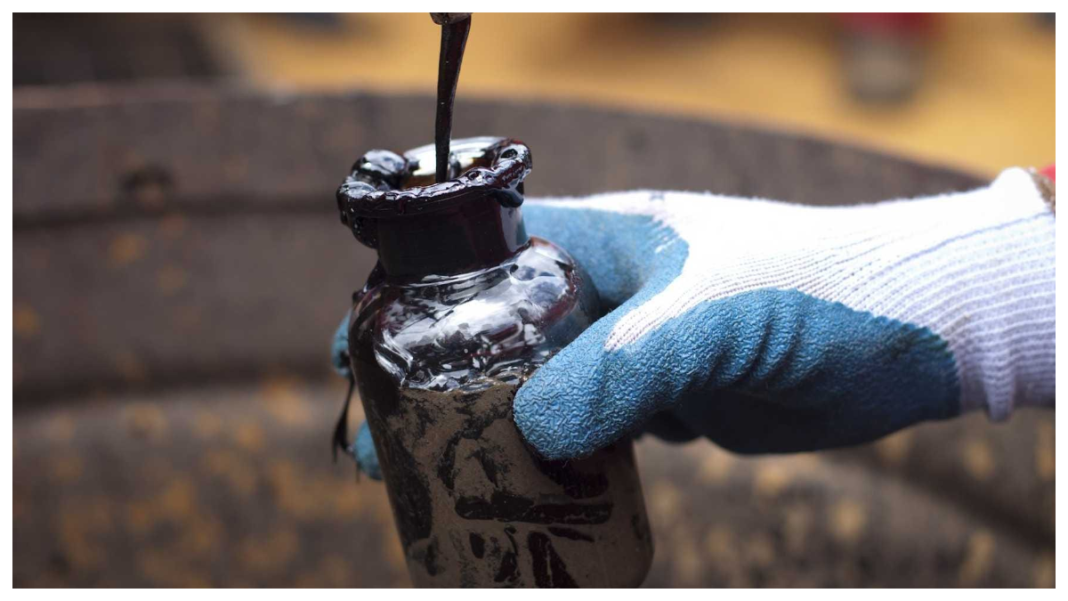
Patronage Systems in Rentier States
“It is the devil’s excrement. We are drowning in the devil’s excrement. —Juan Pablo Pérez Alfonso, former Venezuelan oil minister”
The narrative fifty years ago
A country discovers vast amounts of oil reserves. Leaders across the world are green with envy.
The underlying assumption
Profits generated from exporting this natural resource, commonly referred to as black gold, transforms a nation from rags to riches.
The narrative today
Rentier states are war-torn, corrupt, and led by dictators whose power is fueled by the sale of this precious commodity.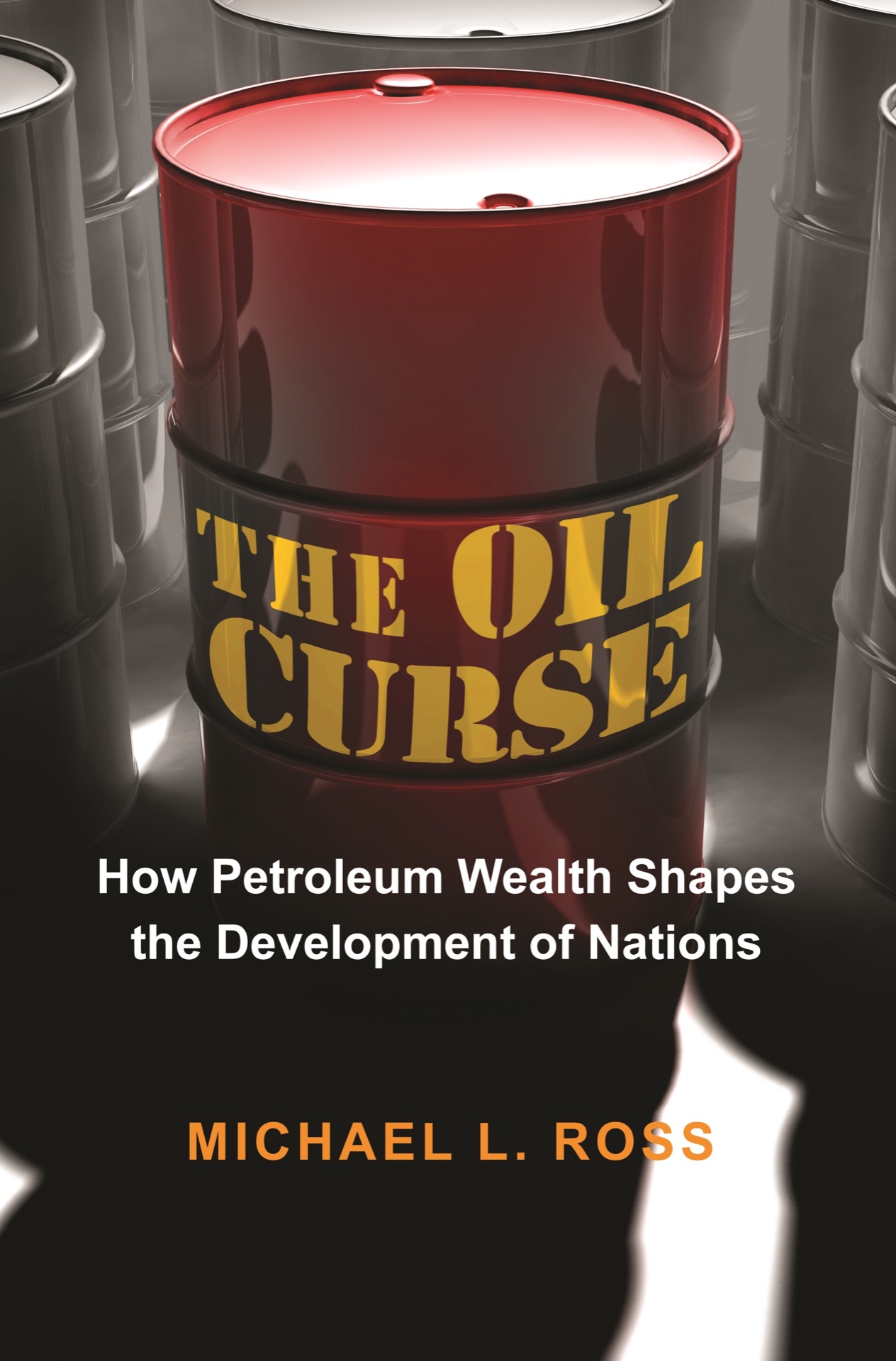
I invite you to read Michael Lewin Ross’ “The Oil Curse”. An excellent resource for those who want to understand why such a valuable commodity leaves its owners worse off than their counterparts.
Take Iraq and the United Arab Emirates. Two neighboring countries. Both rich in natural resources. One destroyed by war and conflict. Another a model for quality of life, political stability, and investment. Why are they so different?
The dependencies oil creates on an economy can be catastrophic in the sense that they create patronage systems between the state and its citizens, making it increasingly more difficult to create sustainable economies over time.
How? The notion that a state is responsible for extracting and selling oil to benefit the country is flawed. Upon exporting oil, Iraq has employed more and more government employees to “pay” its citizens what it owes. The creation of these governmental positions, most of which are redundant in nature, has caused high levels of bureaucracy within each governmental body, making it increasingly more difficult for businesses and start-ups to get their businesses off the ground. Iraq ranks 172nd in the World Bank “Ease of Business” scale. It takes 51 days to register property. It also takes 167 days to deal with construction paperwork and permits. This has had detrimental effects on other industries in Iraq. Iraq’s predominant reliance on oil revenue, coined with electricity shortages, a suffering educational and healthcare system, and an unstable geopolitical climate, makes it increasingly more difficult to wean the average citizen off governmental positions and rations and encourage them to work in the private sector.
In comparison, the UAE ranks 16th on the “Ease of Business” scale, and it takes 1.5 days on average to register property. It also takes 47.5 days to get construction permits, nearly a third of how long it takes in Iraq. Their government expenditure levels are half of what Iraq’s are, whereas the average worker’s productivity value is nearly double.
Where do we go from here? For starters, digitalizing the public sector, something that is already underway in the Kurdistan Region, albeit off to a slow start, can help lower redundant employment positions, all while increasing productivity levels. A digital transformation will also pave the way for a simpler business start-up registration process, making it easier for entrepreneurs and businesses to take off, attract foreign investment, and grow the private sector.
Another solution, which in my opinion is a byproduct of digital transformation of government processes, is the expansion of the private sector. Unless the average citizen acknowledges the dependency oil creates on the economy, and the finite (and frankly, volatile) nature of this resource, Iraq will not be better off than it is today.
